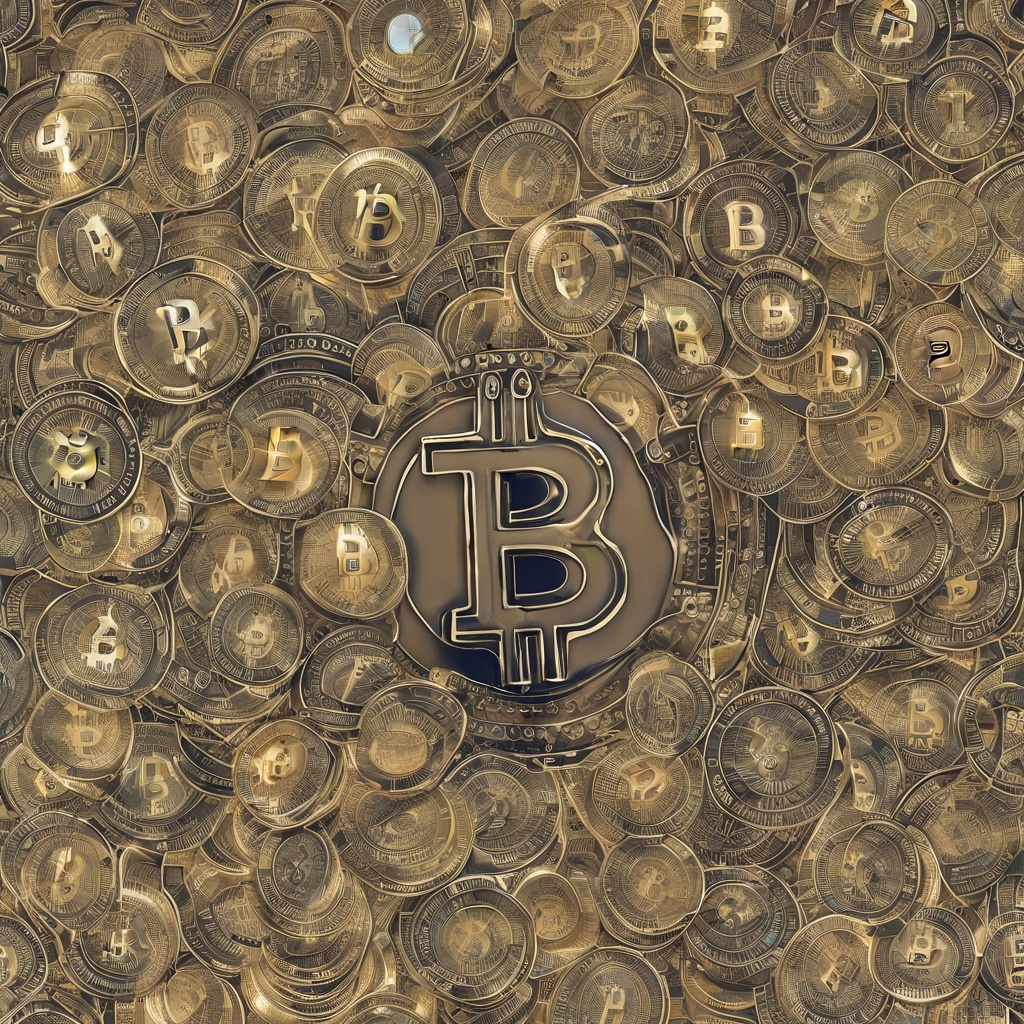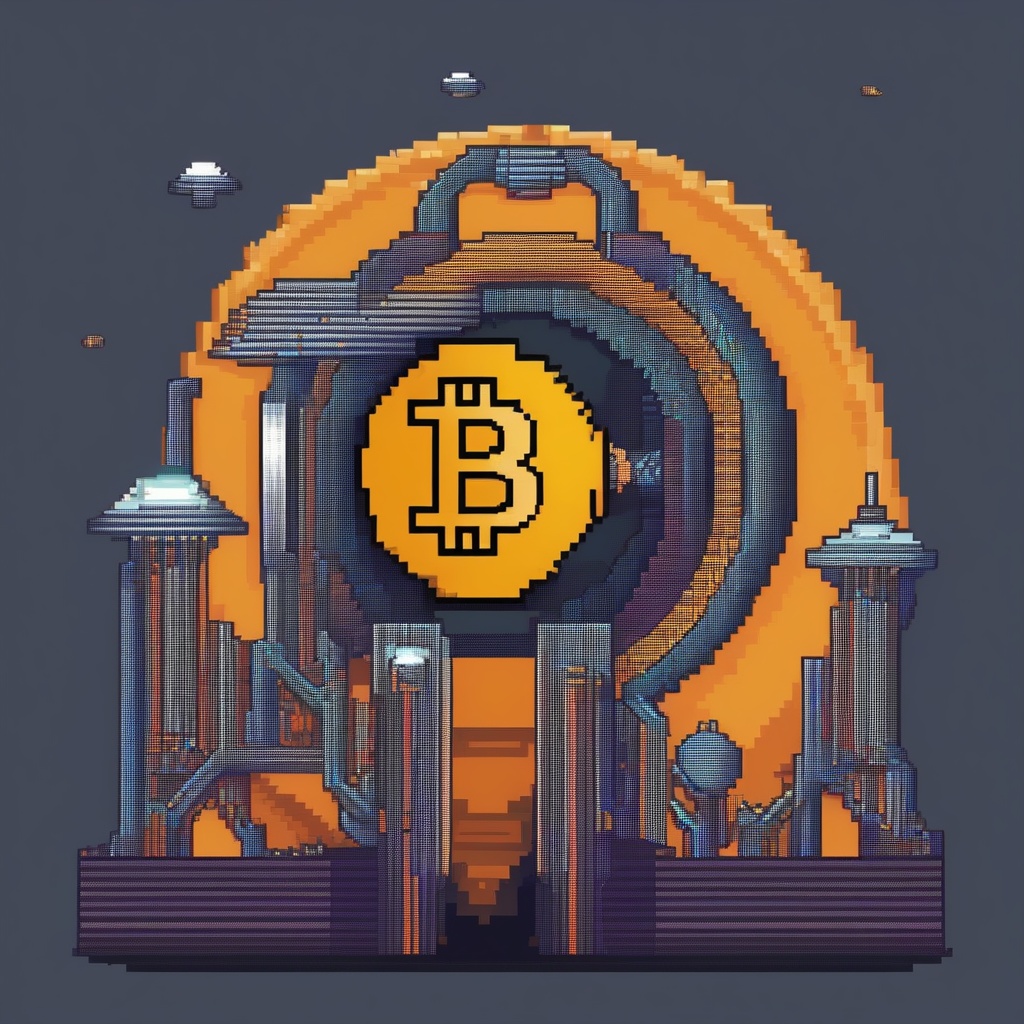How much do I have to pay to get 1 Bitcoin?
Can you please clarify the current market value of <a href="https://www.btcc.com/en-US/academy/research-analysis/bitcoin-btc-price-prediction-2023-2025-2030-is-btc-a-good-investment" title="Bitcoin">Bitcoin</a> and the associated fees that may be involved in acquiring one Bitcoin? Additionally, are there any exchange rates or transaction fees that I should be aware of when making this purchase? I'm interested in understanding the total cost I can expect to pay in order to obtain one Bitcoin.

Do you pay tax on Kickstarter?
Hello there, I'm curious about a topic that's been on my mind lately. When it comes to crowdfunding platforms like Kickstarter, is it necessary to pay taxes on the funds raised? I understand that the nature of these funds can vary, from donations to pre-orders, but I'm wondering if there's a general rule of thumb when it comes to tax liability. Additionally, I'm interested in knowing if there are any specific tax benefits or deductions that creators might be eligible for when using Kickstarter. Can you shed some light on this matter?

What happens if you can't pay margin?
If I understand correctly, you're asking about the consequences of not being able to fulfill a margin call in the world of cryptocurrency and finance. Well, let's delve into it. Firstly, what is a margin call? Essentially, it's a notification from your broker or exchange that you've fallen below the minimum maintenance margin requirement for your <a href="https://www.btcc.com/en-US/academy/crypto-basics/what-is-leverage-in-cryptocurrency-how-can-i-trade-at-100x-leverage" title="Leveraged">Leveraged</a> position. This means that the value of your account's collateral, which is usually the cryptocurrency you've borrowed against, has decreased to a level where the exchange or broker deems it insufficient to cover the potential loss on your leveraged trades. Now, if you're unable to meet this margin call by depositing additional funds or reducing your position, there are a few things that can happen. The most common scenario is that your broker or exchange will automatically liquidate, or close, your position to cover the deficit. This means that they'll sell off your collateral at the current market price, and the proceeds will be used to settle your debts. However, depending on market conditions, the liquidation price might be lower than what you initially borrowed against, leading to a loss for you. Furthermore, some exchanges or brokers may charge additional fees for liquidating your position, and you may also face penalties for not meeting the margin call. In extreme cases, your account could be suspended or even closed altogether. So, in summary, if you can't pay margin, you risk losing your collateral, incurring additional fees, and potentially facing penalties or account suspensions. It's essential to carefully manage your leveraged positions and ensure that you have enough funds to meet margin calls if necessary.

Who needs to pay terminal fee?
I'm curious to understand, who exactly is responsible for paying the terminal fee in the context we're discussing? Is it the merchant who is accepting cryptocurrency payments, the customer making the purchase, or perhaps a third-party service provider? And what factors determine the amount of this fee? Could you elaborate on the logic behind who bears this cost and how it's calculated?

Who pays card transaction fees?
Who exactly foots the bill for card transaction fees? Is it the merchant who accepts the card, the customer who swipes it, or does the payment processor or bank take on this cost? And how does the fee structure vary across different payment networks and card types? Understanding who pays these fees and how they're calculated can be crucial for businesses looking to manage their costs and optimize their payment systems. So, let's dive deeper into this question and uncover the answers.

